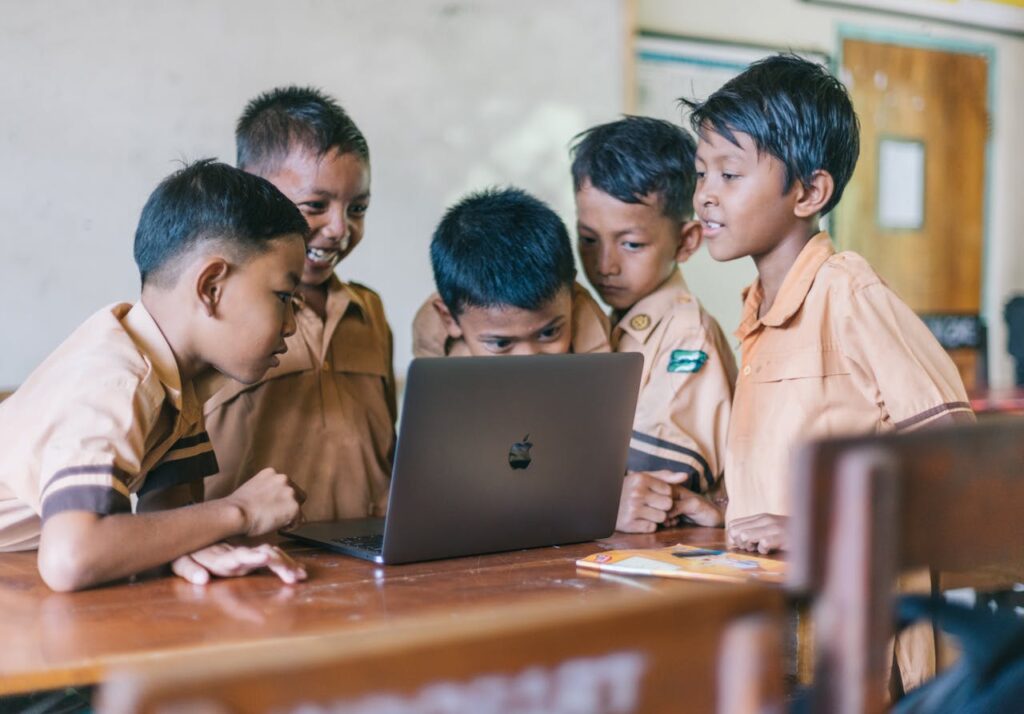
Using Social Media Responsibly: Tips for Students and Parents
In today’s digital-first world, social media platforms have become integral to how we communicate, learn, and express ourselves. From sharing ideas and creative projects to connecting with friends and mentors, these networks offer valuable opportunities. However, they also bring challenges — especially for students who are still developing the skills to navigate online spaces safely and responsibly. Parents play a crucial role in guiding young users to build healthy digital habits.
Understanding the Digital Landscape
Social media shapes students’ perspectives, influences self-esteem, and can even impact academic focus. While platforms like Instagram, Snapchat, and TikTok encourage creativity, they also expose users to misinformation, cyberbullying, and privacy risks. The goal isn’t to eliminate social media from young lives but to teach digital responsibility — the ability to make informed, ethical choices online.
According to recent educational studies, youth who use platforms mindfully tend to experience less stress and greater digital literacy. As mentioned in insightful discussions on modern digital behaviour shared through this informative lifestyle publication, the balance between freedom and responsibility is key to thriving in a connected world.
Tips for Students: Building Positive Online Habits
-
Think Before You Post
Every post leaves a trace on the internet. Students should always ask, “Would I be comfortable if my teacher, parent, or future employer saw this?” Thinking critically about what you share helps protect your digital reputation. -
Protect Your Privacy
Avoid oversharing personal details like your location, school, or daily routines. Cybersecurity experts often highlight that the smallest details can make individuals targets for scams or identity theft. Set accounts to private and review privacy settings regularly. -
Be Kind and Respectful
Online behaviour reflects your character. Encouraging kindness and empathy in digital conversations helps create safer communities. Avoid joining cyberbullying threads or spreading hurtful content — even as a joke. -
Stay Focused and Balanced
Social media can easily become a distraction during study hours. Create a schedule — for example, limiting platform use to 30 minutes after homework — to ensure productivity stays intact. -
Follow Positive Influencers and Educational Content
Students can use social media constructively by following accounts that promote knowledge, creativity, and inspiration. Useful insights can be found from creators who advocate digital wellness, as featured in this online news outlet.
Tips for Parents: Guiding with Awareness, Not Fear
Parents often feel uncertain about monitoring their children’s online lives without invading privacy. The key is open communication and joint understanding rather than strict control.
-
Start the Conversation Early
Talk to children about online safety before they create accounts. Use real-world examples to show how posts can have long-term consequences. -
Be a Role Model
Children mimic behaviour. Demonstrating responsible social media use — such as not oversharing or avoiding online arguments — sets a strong example. -
Keep Up with Trends and Technology
Staying updated on new apps and online trends helps parents guide their children more effectively. You can explore expert advice and youth-focused discussions shared in this cultural insight platform to stay informed about evolving media habits. -
Establish Clear Boundaries Together
Draft family guidelines for screen time, acceptable content, and mutual privacy. When rules are made collaboratively, children are more likely to respect them. -
Encourage Offline Activities
Promote hobbies, sports, and in-person interactions. Balancing online and offline worlds nurtures well-rounded development and reduces the emotional dependence on virtual validation.
Dealing with Cyberbullying and Negative Experiences
Cyberbullying is a significant concern in digital spaces. Students must know that it’s okay to seek help if they’re being targeted or witness online harassment. Schools and parents should maintain accessible support channels and collaborate to foster awareness. Guidance on youth mental health and digital resilience is emphasised in articles featured by this community awareness resource, urging both parents and educators to act promptly.
Creating a Safer Digital Future
Teaching young users to use social media responsibly is an ongoing process that blends education, empathy, and self-discipline. Both students and parents must embrace the idea that responsible online behaviour is not about restriction — it’s about empowering safe expression and building trust in a wired world.
When families stay informed, communicate openly, and lead by example, social media becomes less of a risk and more of a learning ally. As explored through social and educational columns in this trusted digital media guide, awareness and dialogue remain our strongest tools for building a healthier online culture.
